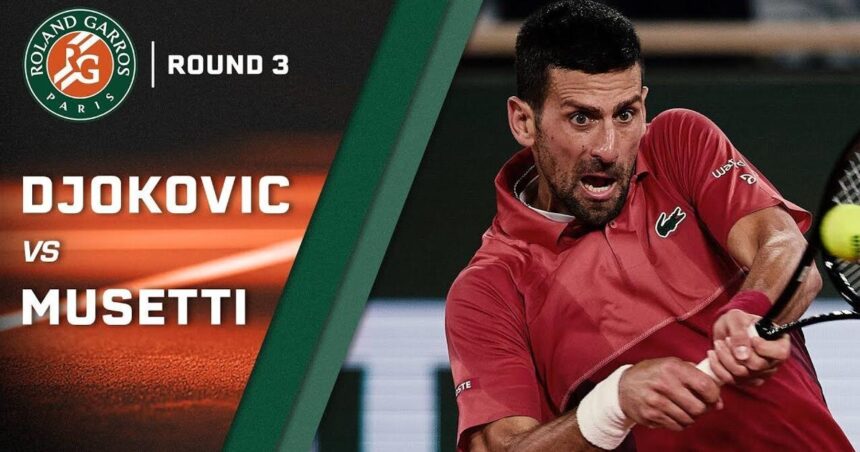Paris — Iga Swiatek requested not to be scheduled for night sessions at the French Open to maintain a normal sleep routine.
The No. 1-ranked player emphasized the importance of getting enough rest amidst the challenges of Grand Slam tennis where matches often run into the early morning hours.
A recent example of this issue was defending champion Novak Djokovic’s match against Lorenzo Musetti, which continued past 3 a.m. on a Sunday.
The erratic scheduling not only affects the players but also the fans, stadium workers, officials, and TV viewers. Finding a solution to this problem has proven to be quite challenging.
People are also reading…
A consensus is hard to reach on whether curfews should be implemented, matches should be shortened, or schedules adjusted to avoid late-night matches.
Various suggestions have been proposed, but the lack of agreement persists, especially when external factors like weather disruptions complicate the situation.
The debate continues on how to address the issue of matches running late into the night, with different stakeholders weighing in on possible solutions.
Efforts are being made to improve the situation by organizations like the Professional Tennis Players Association, but a concrete resolution may not be achieved in the near future.
Both players and fans are affected by the late-night scheduling, highlighting the need for a balance between entertainment and player well-being in the sport.
While discussions on potential changes are ongoing, finding a comprehensive solution remains a complex and challenging task in the world of professional tennis.
Players like Swiatek emphasize the importance of considering all perspectives in order to create a more sustainable and equitable playing environment for all involved.





